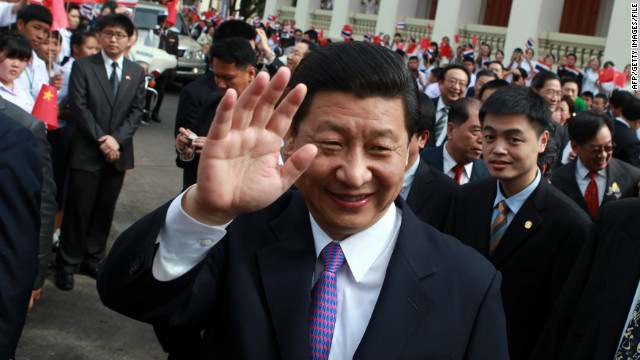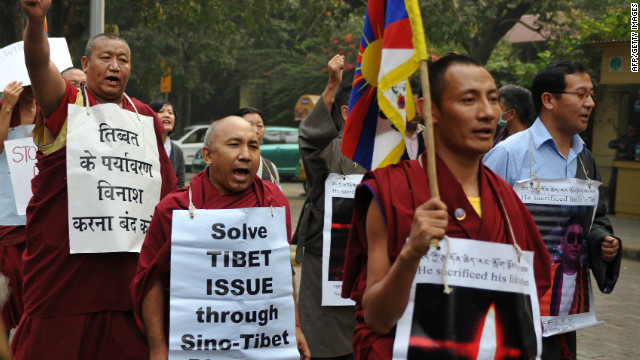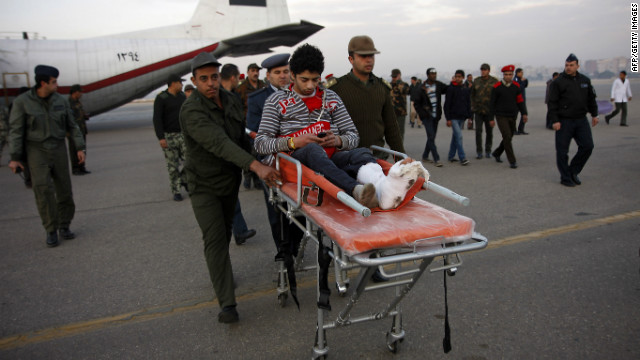
 Chengdu, China (CNN) -- Thousands of Chinese security forces have flooded into an ethnically Tibetan area of southwestern China following large protests that led to violent, sometimes deadly, clashes with the police.
Chengdu, China (CNN) -- Thousands of Chinese security forces have flooded into an ethnically Tibetan area of southwestern China following large protests that led to violent, sometimes deadly, clashes with the police.(CNN) -- Beijin
g appears determined to contain the volatile situation in an ethnically Tibetan region of southwestern China by sending in thousands of extra security forces.
The move comes against a backdrop of anger and despair over Chinese rule, culminating in a growing number of protests and clashes with police, as well as a string of acts of self-immolation by Tibetans.
What is the dispute about?
The Dalai Lama is the traditional religious and temporal head of Tibetan Buddhists. He was made head of state at age 15 in 1950, the same year that Chinese troops occupied Tibet, enforcing what Beijing says is a centuries-old claim over the region. The Dalai Lama held negotiations with Chinese officials on Tibetan self-rule with little success. In 1959, he fled Tibet for exile in India after a failed uprising against Beijing's rule left an estimated 85,000 people dead.
Over the years, the Dalai Lama has led calls for self-rule in Tibet, saying China has made life "hell on Earth" for Tibetans since the uprising.
"These 50 years have brought untold suffering and destruction to the land and people of Tibet," he said in 2009 from exile in Dharamsala, India. "Today, the religion, culture, language and identity ... are nearing extinction; in short, the Tibetan people are regarded like criminals deserving to be put to death."



 Cairo (For CNN)
Cairo (For CNN)


.jpg)
.jpg)


